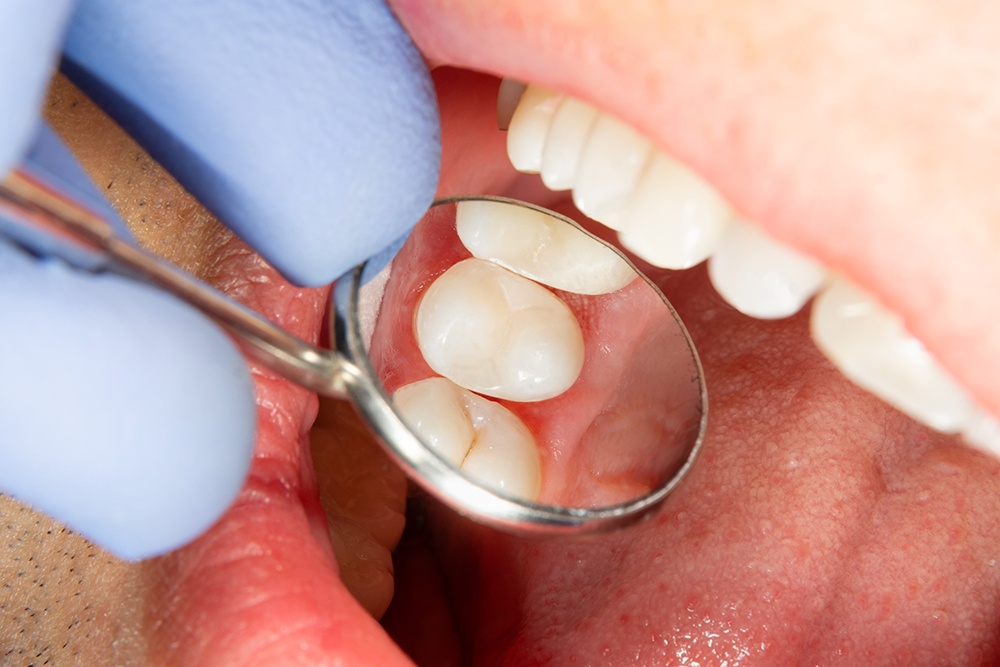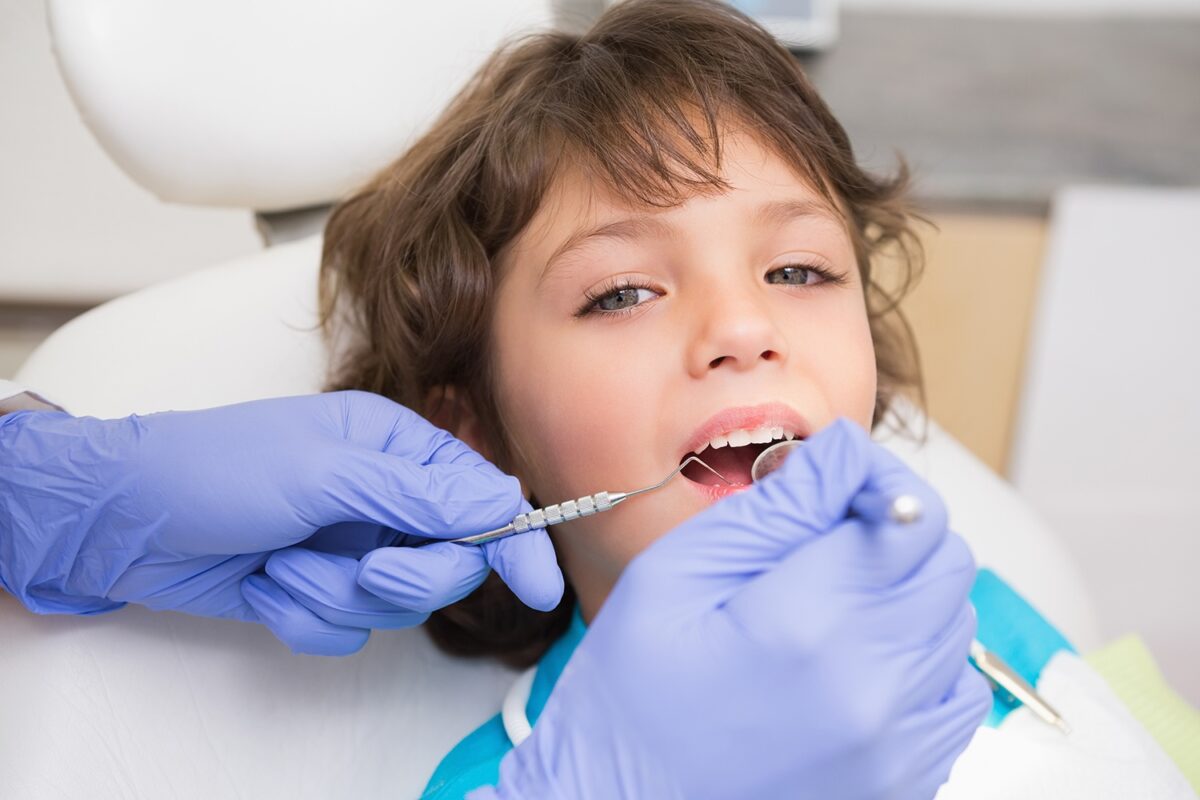With the objective to help your children smile big and bright, Victoria Pediatric Dentist work hard to promote an environment that encourages healthy habits, amongst your child. Their specialized focus on kids and teens enables them to identify and treat a variety of your child’s dental needs. Whether it’s cleaning, sealant, fluoride treatment or full orthodontic braces of different varieties and colors, our pediatric dentist in Victoria deliver the highest quality in dentistry and orthodontics for kids and adults.
Dentistry for Kids & Teens
Our pediatric dentist aim at spotting small dental problems before they transform into big issues. No matter what the circumstances are, we can offer a service that matches unique needs. Our team strives for helping children build up a positive relationship with outstanding dental care.
Right from the very first appointment, our dentists approach the treatment method in a very personalized manner.
Checkups & Cleanings
Our dentist strongly recommend that children attend regular checkups and cleanings every 6 months. During these visits, our team will thoroughly examine the mouth for any signs of decay and remove accumulation of plaque. They also educate your child about practicing brushing and flossing at home. This eventually offers them a strong and confident smile at every stage of development.
Dental Sealants
Dental sealants are made to offer an extra level of protection. This safe, plastic-based substance creates a tough barrier that stands up against infectious bacteria and food particles.
Fillings
Our tooth-colored fillings blend with a natural enamel for a comfortable feel and attractive look. It is a restorative procedure and is less sensitive to temperature changes. Helps in preserving the tooth structure and lasts longer.
Dental Bonding
Dental flaws like minor gaps between the teeth can deteriorate your child’s confidence with time. Our dentist can fix these issues quickly and effectively with the help of dental bonding. It just takes a single appointment during which our dentist will apply composite resin to the desired area. This sculpts into a pleasing shape and hides imperfections in place.
Our dentist aims at giving every child excellent oral care. So, schedule an appointment at our office to help children feel at ease and relaxed during the procedure.
Book Appointment to find out which treatment might be best for you.






